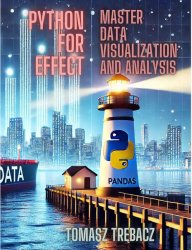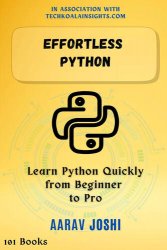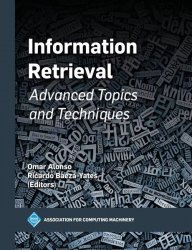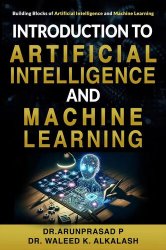- Добавил: literator
- Дата: 8-05-2025, 07:34
- Комментариев: 0
 Название: Python For Effect: Master Data Visualization and Analysis: Learn Data Pipelines, Machine Learning, Advanced Statistical Analysis and Visualization with Jupyter Notebook
Название: Python For Effect: Master Data Visualization and Analysis: Learn Data Pipelines, Machine Learning, Advanced Statistical Analysis and Visualization with Jupyter NotebookАвтор: Tomasz Trebacz
Издательство: Independently published
Год: October 23, 2024
Страниц: 222
Язык: английский
Формат: pdf, epub, mobi
Размер: 10.1 MB
Transform your career in just a few months with Python data science mastery—even if you've never written a line of code before! Have you ever felt overwhelmed at the thought of learning data analysis in Python? Do you worry that without a computer science degree, you'll never be able to visualize and analyze data effectively? Are you eager to bring data-driven insights into your career but don’t know where to start? If you answered "yes" to these questions, you’re in good company. Countless students, professionals, and researchers face the same challenges, but those challenges are not insurmountable. You can grasp the power of Python for data science through the easy-to-follow methods you'll find in this book. Welcome to a structured roadmap towards mastering data analysis and visualization—your essential guide to developing effective Python skills in a clear, step-by-step manner. Discover the power of Python with this guide full of practical exercises, real-world examples, and up-to-date tools to support your learning journey.









